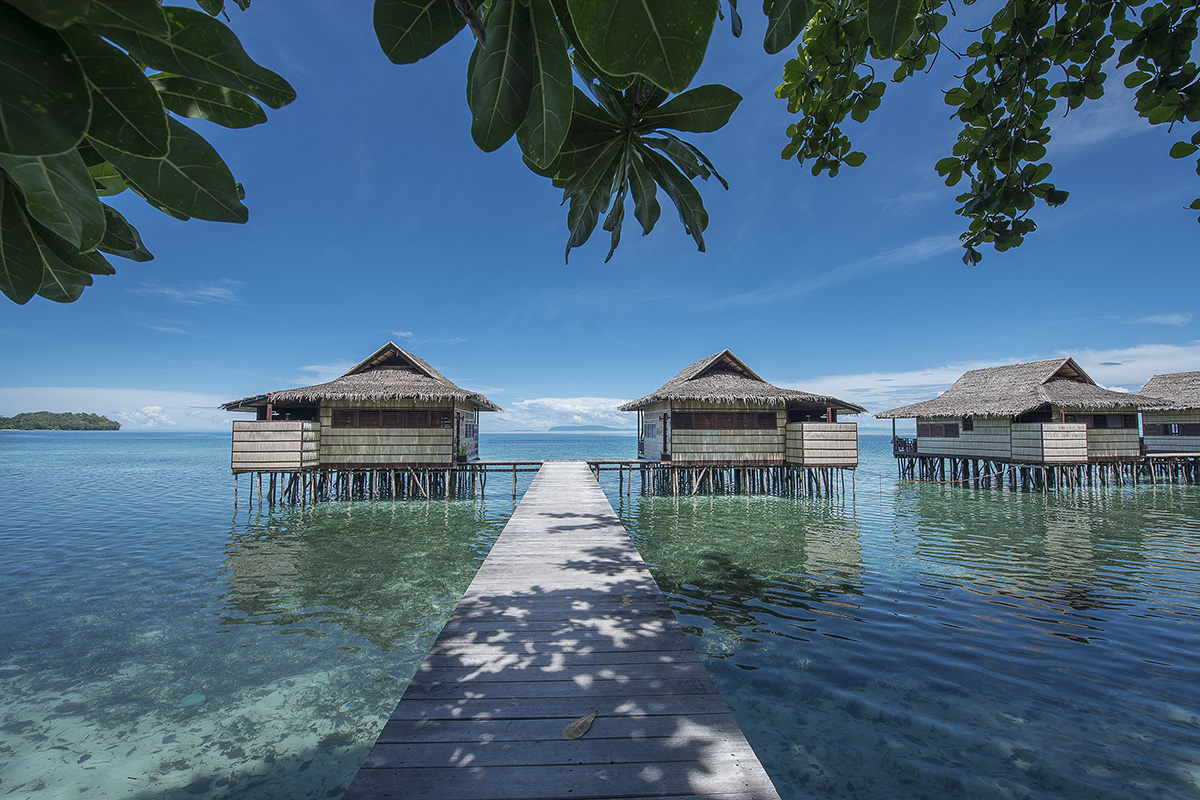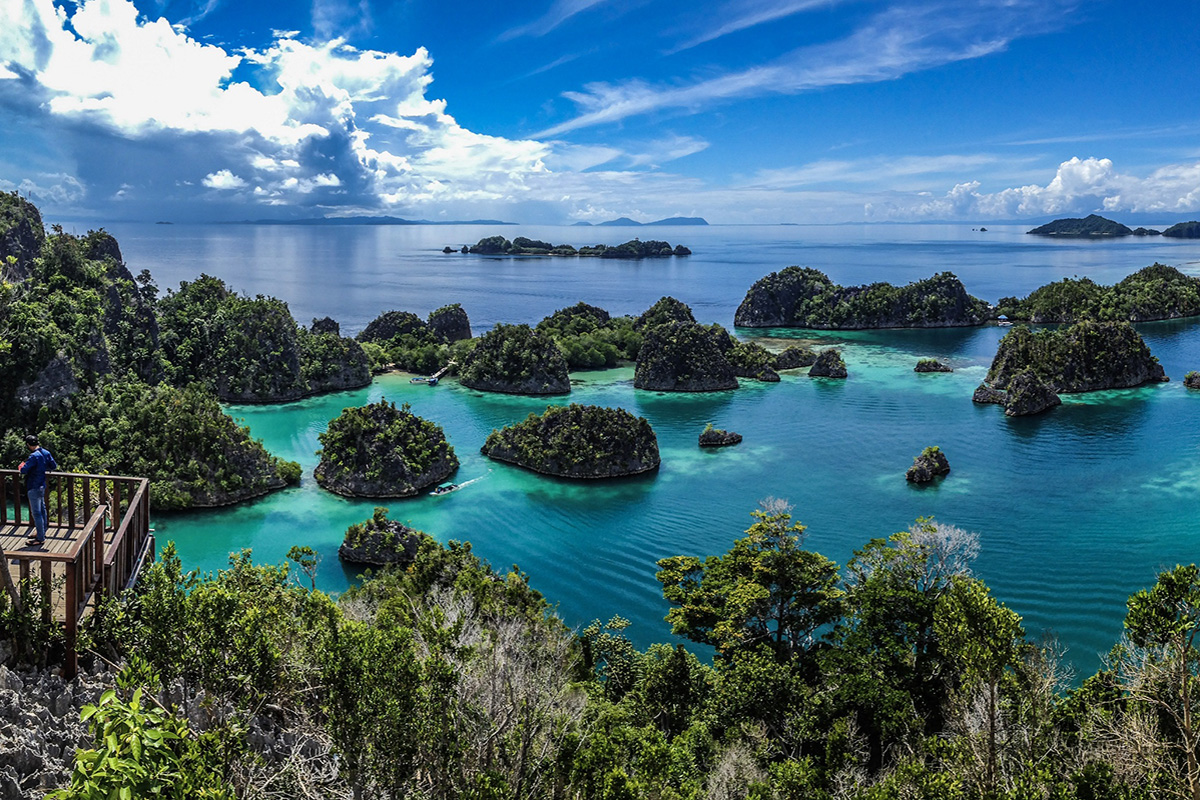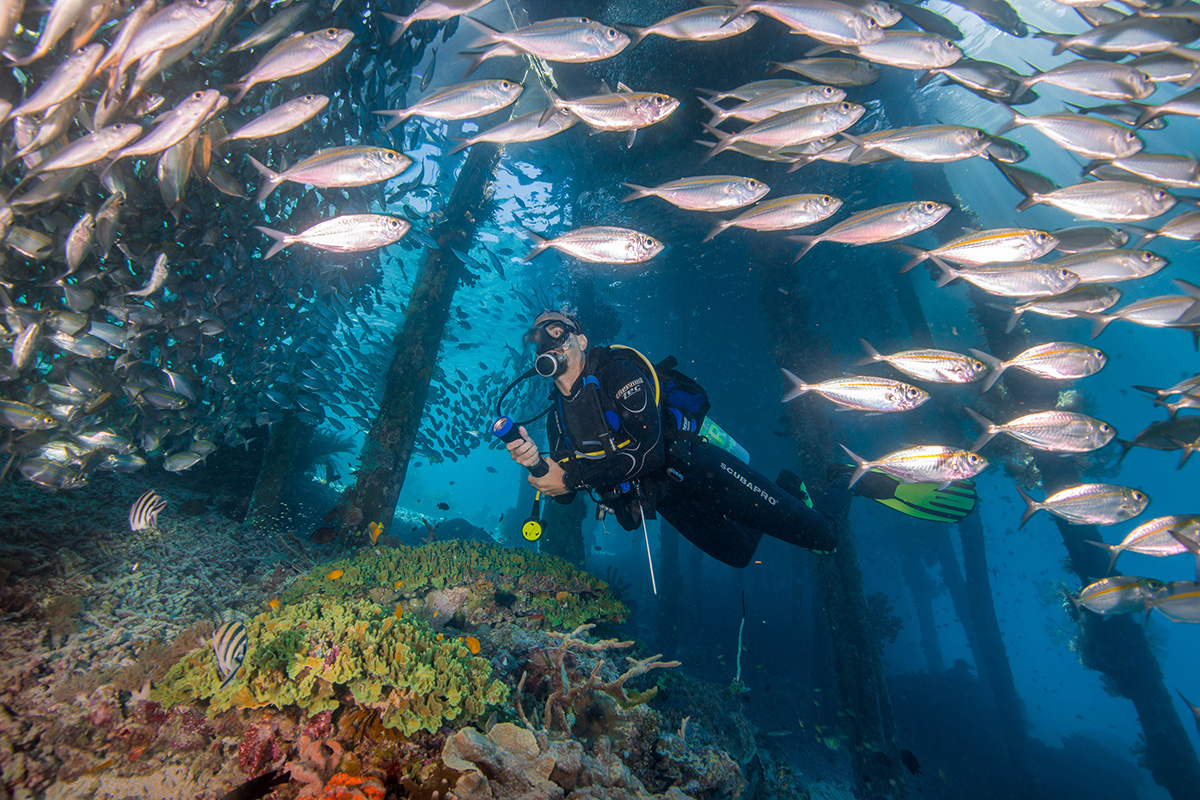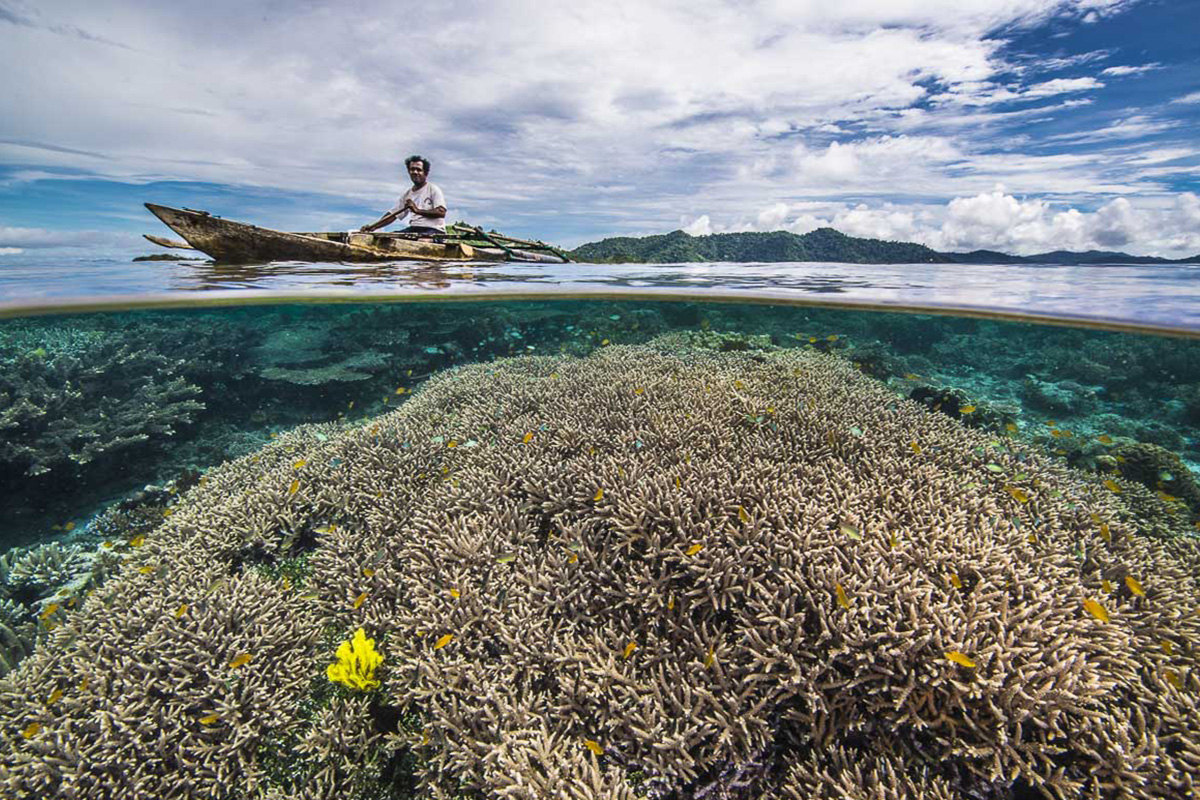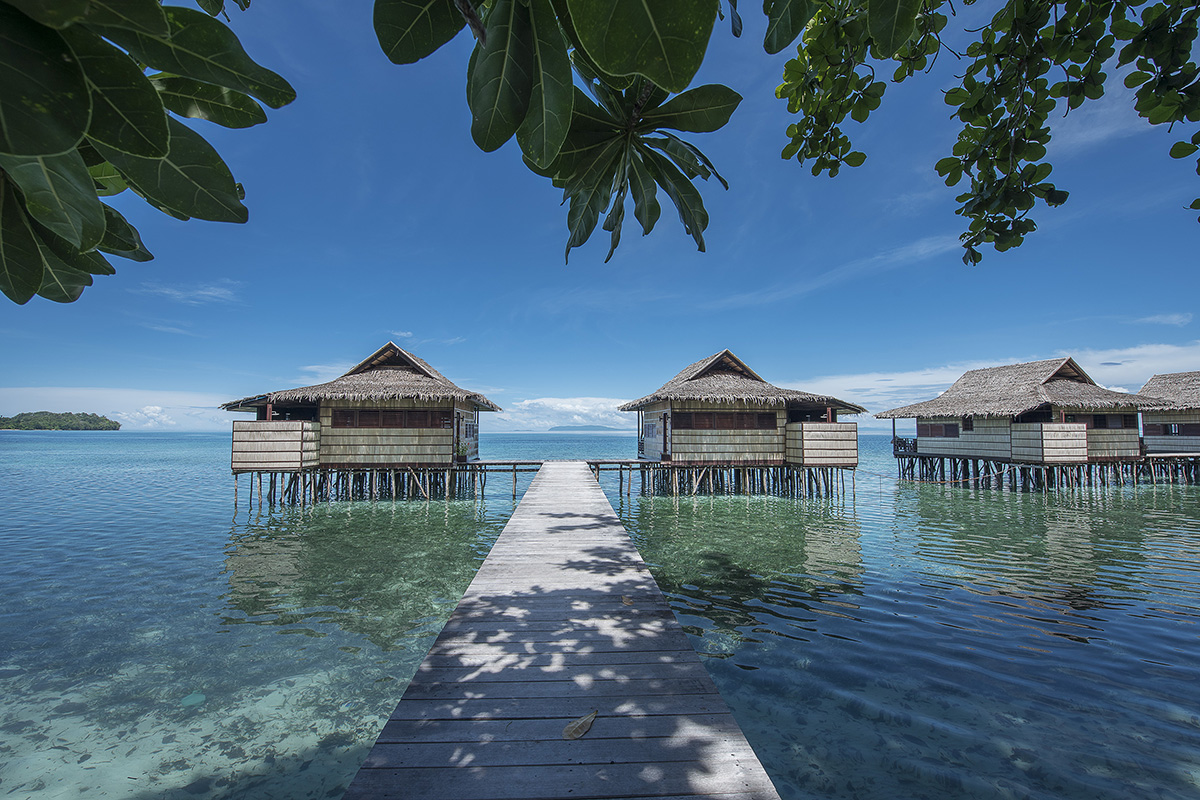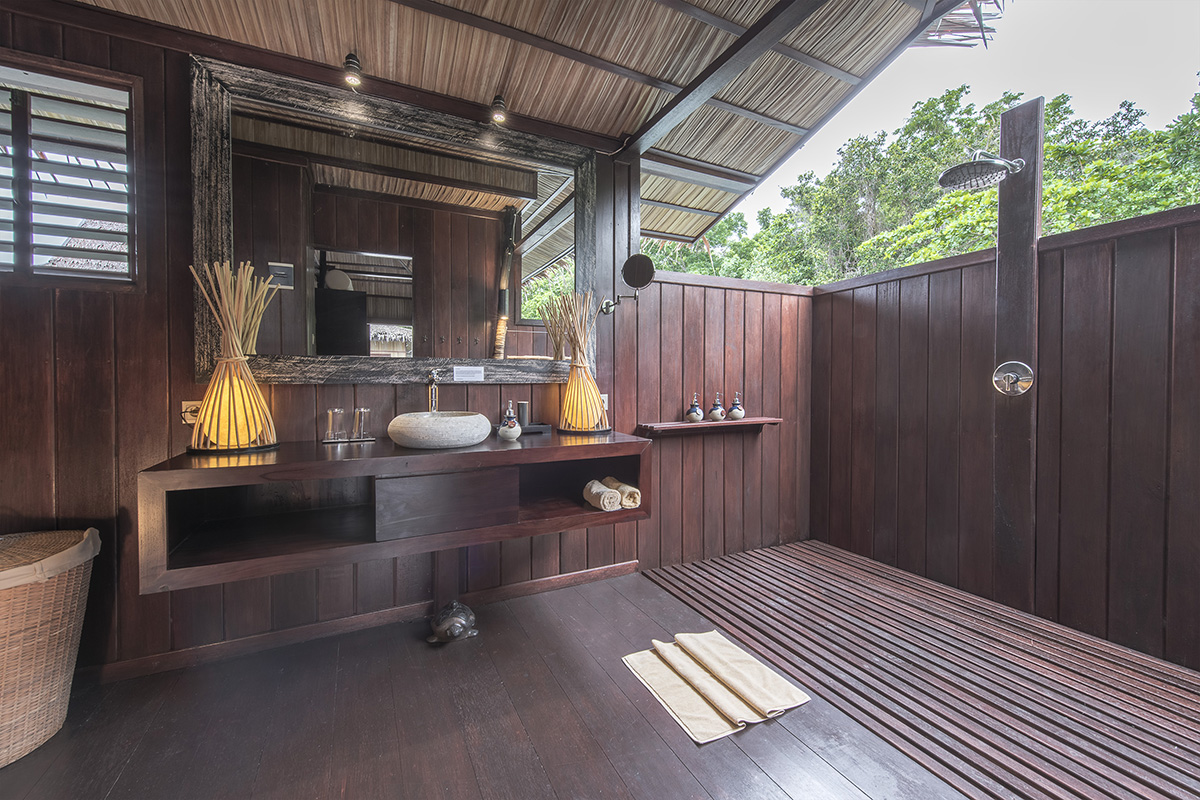Why Sustainable Tourism is So Important in Raja Ampat
Sustainable tourism is a joint effort between government, communities, hotel owners and tour providers, and of course the tourists themselves. This can be a lot to manage and control but is incredibly important, especially in a place of huge environmental importance like Raja Ampat. Luckily, there is consistent action being taken by all parties in Raja Ampat to keep tourism sustainable. Here are some of the positive ways tourism is moving forward sustainably.
Limiting tourist number in Raja Ampat
Raja Ampat is quite remote, which is a blessing in some ways as not everyone is willing to make the trek to West Papua for a holiday. It is generally dedicated and adventurous tourists that enjoy being well off the beaten track that visit the region.
However, as tourism picks up again post-covid19 there may need to be government intervention in the number of tourist allowed to visit Raja Ampat annually. On a visit to Raja Ampat in 2021 Indonesia’s current Tourism and Creative Economy Minister Sandiaga Uno said that going forward the region should concentrate on “high-quality tourism” to ensure the conservation of the abundant habitats and natural beauty of the islands.
Tourists already need to pay a fee of IDR 1.000.000 (around 65 Euros) to enter the Raja Ampat Marine Park. The government can control the amount of permits issued and use this money for the upkeep of the park. Building permits, and the number of liveaboard dive boats and cruises is also controlled by the government so mass tourism can be avoided.
Responsible diving
Diving responsibly is something we often talk about in our blogs. Responsible and sustainable diving really comes down to the individual divers and the dive guides and instructors following a few basic rules. – 1. Touch nothing 2. Take nothing with you and leave nothing behind (including chemicals) 3. Manage your buoyancy and control so you don’t damage marine life.
The dive instructors and management at Gangga Divers at Papua Paradise Eco Resort are committed to practicing responsible diving at all times. This means assessing divers for their capability in the water, making sure all equipment is secure and worn properly, and watching that nothing is touched or taken during the dive, and nothing is left behind after the dive.
Local Community
Working with local communities is incredibly important to ensure tourism is sustainable. Without local people coming together with other tourism players, sustainability is unachievable.
Education has done a huge amount to ensure the safety of wildlife in Raja Ampat. By educating local communities on sustainable fishing methods and disposal of waste for example, the roots of sustainability are solidified. This in turn benefits locals by opening up jobs in tourism businesses and bringing more money into the area.
Minimum impact building
In an archipelago like Raja Ampat building can have a massive impact on wildlife both above and below the water. This is why building as much as possible with sustainable, locally sourced materials, with traditional methods is so important.
Pouring huge amounts of concrete into foundations is the best way to destroy habitats and leave long-lasting damage. This is why Papua Paradise Eco Resort has over-water bungalows built from as much wood and thatch as possible. The rooms are purposefully simple, enhancing the natural beauty of the water underneath and the backdrop of the island’s shoreline where they sit.
Biodegradable amenities
Marine environments are incredibly sensitive to foreign substances. Certain sunscreens, shampoos, soap, and detergents may seem harmless but they can actually throw everything out of balance.
Many people living in Raja Ampat don’t have access to biodegradable amenities, which is one reason it is so important resorts and guesthouses spend a little extra and provide them for guests. Papua Paradise Eco Resort offers safe soaps, shampoos, and conditioners for guests and also sells ocean safe sunscreens.
There are so many positive moves happening in Raja Ampat but there is always room for improvement as well. We are proud that we can do all we can to keep the region healthy and thriving.
Are you a conscious traveler when it comes to sustainability? We would love to hear how you make sure you trips cause as little impact as possible on the area you visit. Leave us a comment in the box below.

